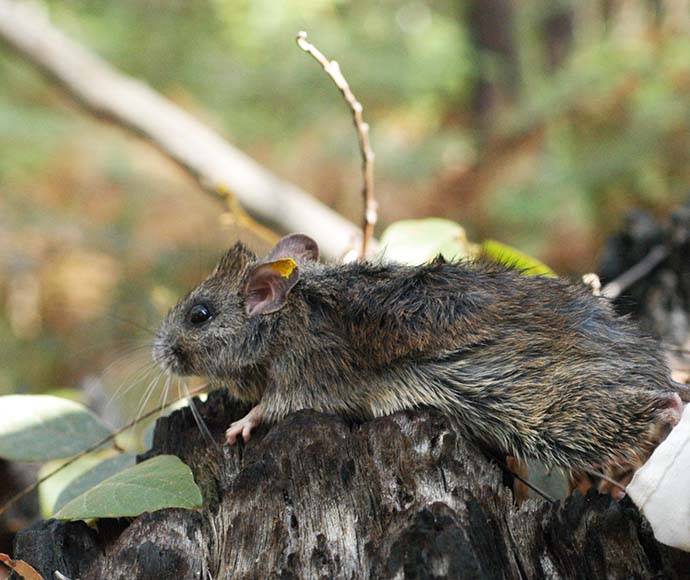Environmental projects that will help protect threatened species and address the impacts of climate change are receiving more than $1 million in grants from the NSW Government.

Minister for Environment James Griffin said 6 groundbreaking research projects are receiving funding through the Environmental Research Grants Program.
"Big environmental challenges need innovative solutions and the NSW Government is working with universities and government organisations to deliver research that has tangible outcomes to tackle these complex challenges," Mr Griffin said.
"The ambitious projects include an investigation into manipulating plant odours to protect threatened plants, a trial using mosquito DNA to determine the distribution of threatened mammals, and a study looking into the impacts of climate change on threatened seagrass.
"This critical research will help future proof our environment in New South Wales, and create new opportunities for conservation."
The new projects funded as part of the 2022–23 Environmental Research Grants Program include:
- $197,704 for the University of Sydney to investigate manipulating plant odour to protect threatened plants from animal predation
- $199,647 for the University of Newcastle to test a pilot biosensor that uses machine learning to identify wildlife acoustically to support conservation efforts
- $195,916 for Macquarie University to trial a new non-invasive monitoring approach using traces of eDNA from mosquitoes to gather information about the distribution of threatened mammal populations and threats to their survival
- $199,493 for the University of Technology Sydney to undertake field experiments and genomic analyses to understand how alpine vegetation communities in New South Wales might adapt to increasing climatic extremes
- $99,800 for the Department of Regional NSW to study the endangered Hastings River mice by fitting them with GPS-collars to identify and protect critical habitat after the black summer bushfires
- $192,198 for the Department of Primary Industries to complete laboratory experiments and genetic studies to understand the impact of climate change on the threatened seagrass Posidonia australis.
The next round of the program will open for expressions of interest in April.






